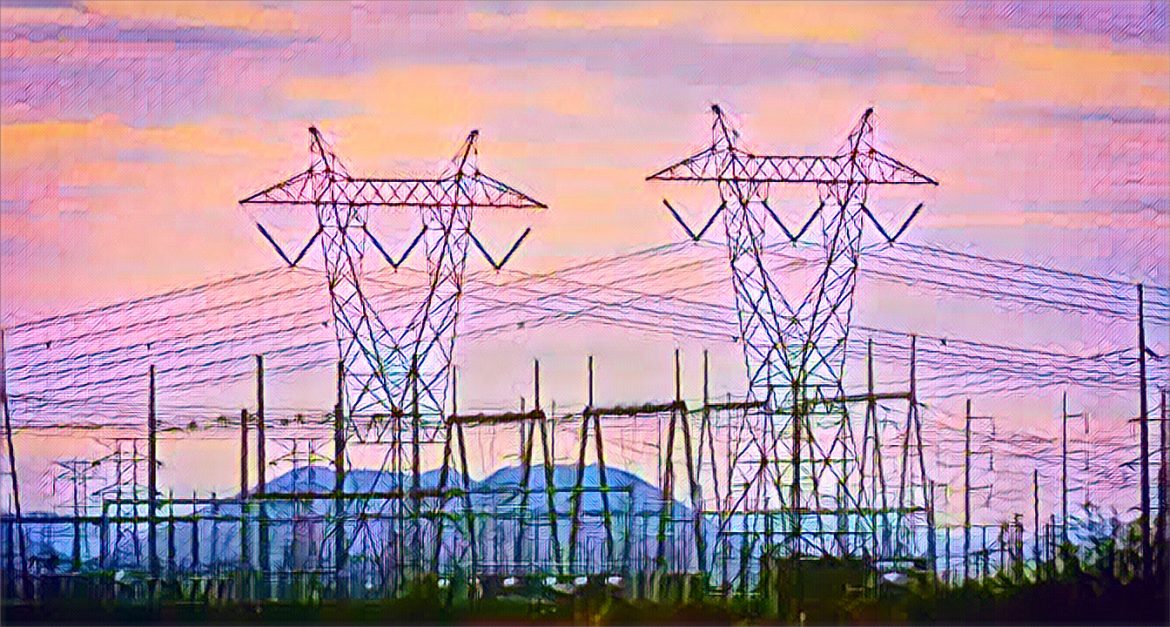ZESA Holdings, Zimbabwe’s primary electricity utility, is grappling with a financial crisis that threatens its ability to sustain operations, amidst the country’s ongoing economic challenges. The utility’s acting chief executive, Eliab Chikwenhere, disclosed to the Parliamentary Portfolio Committee on Energy that ZESA is struggling to service a staggering US$2 billion in foreign debt and address operational hurdles, primarily due to an unsustainable tariff regime that has persisted for years.
In a country where power cuts are becoming increasingly commonplace, ZESA’s financial struggles add another layer of complexity to Zimbabwe’s energy woes. The utility, which is currently importing approximately 200 megawatts (MW) of electricity at the cost of US$18.5 million, faces a daunting task in managing its financial obligations, including the operational costs of units 7 and 8. According to Chikwenhere, to keep these units running at 90% efficiency, ZESA needs around US$36 million monthly.
The disparity between the utility’s monthly income of US$55 million and its enormous foreign obligations paints a bleak picture of ZESA’s fiscal health. “If you look at our foreign obligations, they are close to US$2 billion. These must be serviced, and if you compare that to the US$55 million that we are getting per month, then you realize that we have quite a big assignment on our hands,” Chikwenhere explained.
Complicating matters further is the volatility of the local currency, which amplifies ZESA’s financial distress. The utility suffers significant exchange rate losses on its US dollar-denominated loans, local supplier contracts, and the necessity to procure spare parts internationally. “The other problem is an unstable currency. We are grateful that the government and the responsible ministry are doing everything possible to stabilize the currency, but the impact on us is quite huge,” he stated.
ZESA’s predicament is further exacerbated by the need to maintain its aging infrastructure, particularly units one to six at Hwange Power Station. Chikwenhere pointed out the dire state of these units, emphasizing the considerable financial investment required for their upkeep. Over the past decade, the utility has struggled to secure adequate funding for maintenance, contributing to Zimbabwe’s current electricity deficit.
As Zimbabwe contends with a generation capacity that falls significantly short of its daily demand of up to 2,000MW, ZESA’s financial and operational challenges underscore the urgent need for comprehensive reforms within the sector. The country’s reliance on electricity imports and the critical state of its power infrastructure highlight the importance of addressing ZESA’s fiscal sustainability and enhancing its efficiency to mitigate the frequent power outages that afflict Zimbabwean households and businesses.


